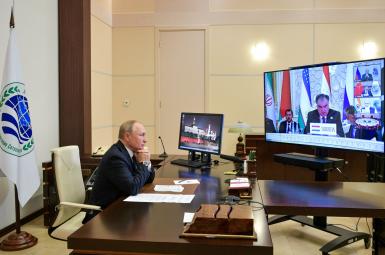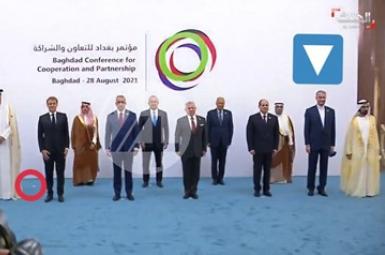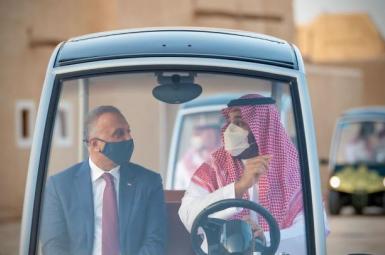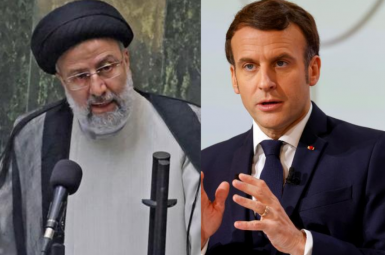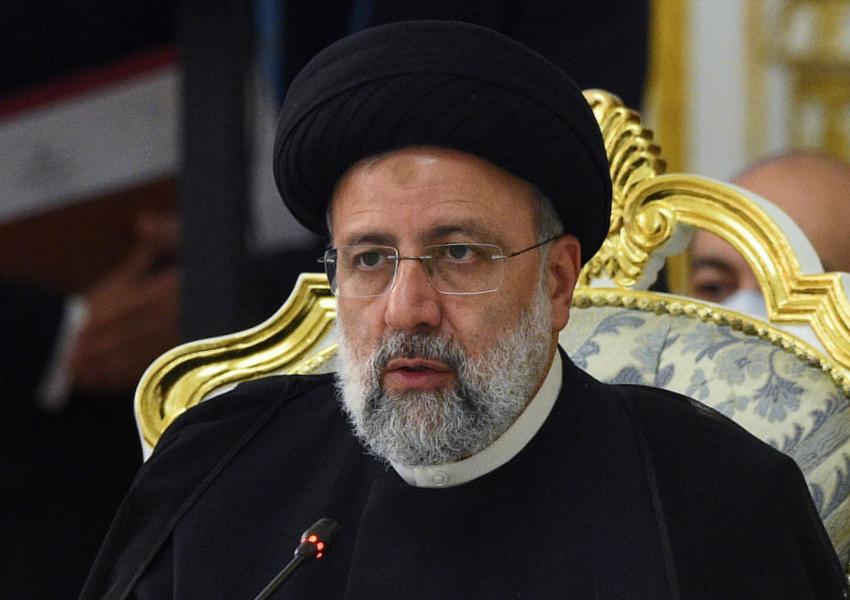
Membership In Shanghai Pact Would Hardly Help Iran's Trade
Iran has joined a regional pact for the first time since the 1979 Islamic revolution as all the eight members of the Shanghai Cooperation Organization (SCO) voted to change Iran's status in the organization from "observer" to full membership on the second and last day of the organization's 21st summit on Friday.
Iran had first applied for full membership in 2005 and renewed its call for the status during the next summits but its application was rejected by member states, most recently by Tajikistan in 2020. SCO members have always frowned at the membership of countries under US or UN sanctions as they do not wish to compromise their international trade interests.
Before the final vote on Iran's membership, China's President Xi Jinping said via video teleconference Friday morning that Iran's membership would be unanimously accepted by the heads of all the 8 member states. Minutes later, Russian leader Vladimir Putin also said that Russia would welcome Iran's full membership.
Russia had declared two weeks ago that it would welcome Iran's membership if all other member states did so. Later during the day, Russia, China, Pakistan, India, Kyrgyzstan, Kazakhstan, Belarus and Uzbekistan approved Iran's full membership after a speech by President Ebrahim Raisi (Raeesi) in which while praising Asia as the cradle of civilization, he stressed on the importance of diplomacy as a way of securing everyone’s interests.
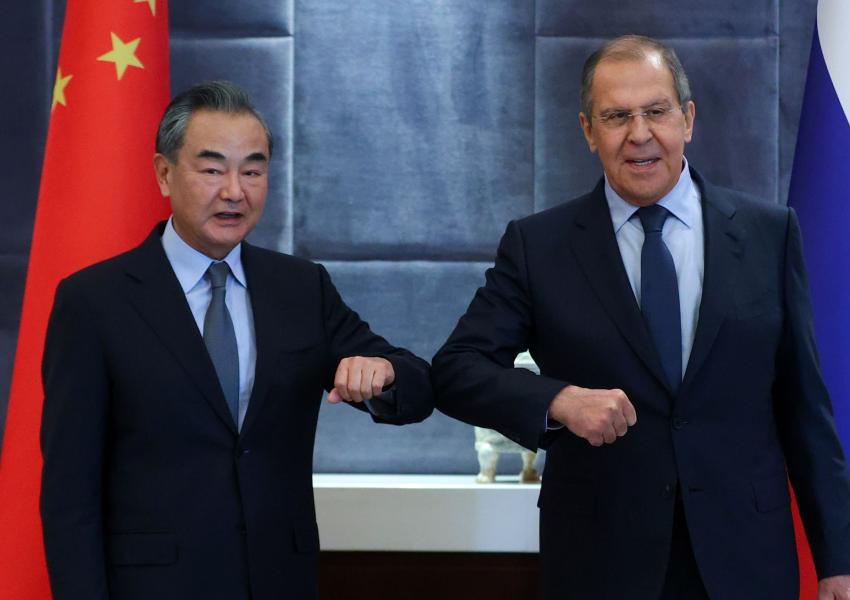
Meanwhile, Raisi, in a veiled reference to the United States ruled out threats and pressures by big powers, adding that sanctions do not affect only one country, but they leave their negative impact on other states. Raisi also emphasized that Iran will continue its "peaceful" nuclear activity.
In Iran, media outlets that were open for business on Friday, which is a public holiday in Iran, particularly the state-run TV, portrayed the acceptance of Iran's full membership at the SCO as a big victory for Iran and president Raisi.
Foreign Minister Hossein Amir-Abdollahian broke the news in a tweet on Friday, adding that the full SCO membership will have a major impact on Iran's relations and regional cooperation that will be focused on Asia and Iran's neighboring countries.
Official news agency IRNA and other state-owned news agencies including ISNA, Mehr, Tasnim, Fars and ILNA carried reports about the membership while IRNA and ISNA gave prominence to the news of Indian, Pakistani, Chinese and Russian officials congratulating Iran on the elevation of its status.
On the home front, the Friday Prayer Imam of Mashhad, firebrand cleric Ahmad Alamolhoda, who happens to be Raisi's father-in-law, told ISNA: "Some 43 years after the Islamic revolution, the world has come to recognize us as a power that is the rival of the United States. Unlike the West, the Eastern world has come to us in all modesty, recognizing our authority. This is the point we have reached!"
Iran expects to boost its trade with Eurasia following the approval of its new status at the SCO, however, there are still hindrances to that. First, despite the official announcement of the approval of Iran's full membership, it might take another few years before Iran can benefit from its new status.
However, Iran's international trade cannot take off without a nuclear agreement with the United States and lifting of sanctions, as well as the ratification of financial and banking reforms required by the Financial Action Task Force (FATF) against money laundering and financial support for terrorism.
Despite the advantages given to Iran by Russia, the volume of their trade has remained modest at around $2.2 billion annually. According to Statis, "In 2020, the value of Russian merchandise exports to Iran amounted to approximately $1.4 billion. The same can be said about Iran’s trade with most of the other members of SCO who like Iran are in need of investments. The only exception is China, which will make its decisions once US sanctions are lifted.
